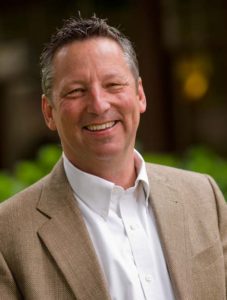 Chap Clark
Chap Clark
Chapman “Chap” Clark is professor of Youth, Family, and Culture at Fuller Seminary Northwest in Seattle. Chap also serves as director of the Student Leadership Project and is a representative on the executive board of the Fuller Youth Institute (FYI). A well-known practitioner, adolescent and family scholar, and author, Clark has more than 30 years of experience in direct ministry, including 15 years with Young Life. He is currently on the teaching team of Harbor Christian Center in Gig Harbor, Washington, is president of ParenTeen and Harbor Hope Services, and continues to work closely with Young Life.
Clark’s extensive publications and videos focus primarily on relationships. Among the books he has authored, coauthored, and edited are Adopted (forthcoming), Youth Ministry in the 21st Century (forthcoming), Hurt: Inside the World of Today’s Teenagers and Hurt-2-0-Inside-Teenagers-Culture, Sticky Faith (2010), Counseling Teenagers (2010), When Kids Hurt: Helping Adults Navigate the Adolescent Maze (2009), Disconnected: Parenting Teens in a MySpace World (2007), Deep Justice in a Broken World: Helping Your Kids Serve Others and Right the Wrongs around Them (2007), Deep Ministry in a Shallow World (2006).
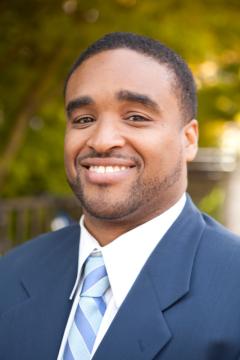 Tali Hairston
Tali Hairston
Tali Hairston is the director of the John Perkins Center for Reconciliation, Leadership Training, and Community Development at Seattle Pacific University. The father of three children, Tali was born and raised in the diverse environment of Seattle’s Rainier Valley, which has served as a central piece of influence for his heart for community development and service through the ministry of reconciliation. His work and story in the Rainier Valley speaks overwhelmingly to his call and purpose as a minister of reconciliation. If you live in the 98118 area code, you cannot escape the impact of his presence, his voice, and his involvement as a leader and pastor in the community.
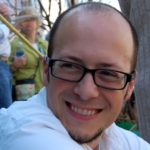 Christopher James
Christopher James
Dr. Christopher B. James is Assistant Professor of Evangelism and Missional Christianity at the University of Dubuque Theological Seminary, where he also directs the Master of Arts in Mission and Discipleship degree. His research and teaching focus on missional engagement with contemporary Western contexts. He earned a PhD in Practical Theology from Boston University School of Theology, an M.Div from Fuller Theological Seminary, and a B.A. from Wheaton College. Christopher also holds a certificate in Spiritual Formation from the Renovaré Institute and a certificate in International Mission and Ecumenism from Boston Theological Institute. He is author of the forthcoming New Churches in the None Zone, a study of ecclesiology and missiology among church plants in Seattle, WA. Christopher can be found online at chrisbjames.com, and @chrisbjames.
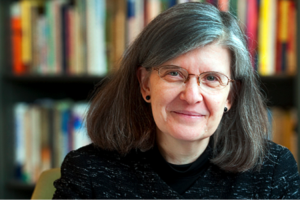 Patricia O’Connell Killen
Patricia O’Connell Killen
Patricia O’Connell Killen has spoken and published on religion and northwest life for decades. She was the primary editor of the 2004 book Religion and Public Life in the Pacific Northwest and served as a contributing author in Cascadia: Elusive Utopia. Patricia is a nationally recognized scholar in American religious history and is currently serving Gonzaga University as its Academic Vice President.
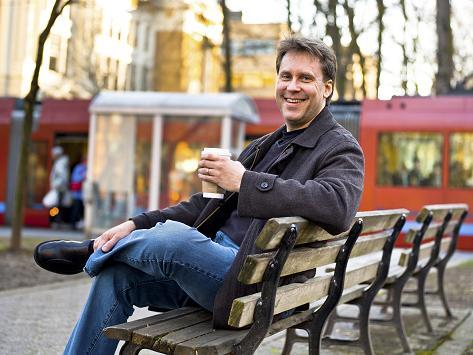 Paul Louis Metzger
Paul Louis Metzger
Paul Louis Metzger is Professor of Christian Theology and Theology of Culture at Multnomah Biblical Seminary where he also directs The Institute for the Theology of Culture: New Wine, New Wineskins . He serves as the editor of Cultural Encounters: A Journal for the Theology of Culture. Paul has authored several books including Consuming Jesus: Beyond Race and Class Divisions in a Consumer Church (Eerdmans, 2007), The Word of Christ and the Word of Culture: Sacred and Secular Through the Theology of Karl Barth (Eerdmans 2003), and Connecting Christ: How to Discuss Jesus in a World of Diverse Paths (Thomas Nelson, 2012). He blogs regularly at Uncommon God, Common Good for Patheos and The Christian Post.
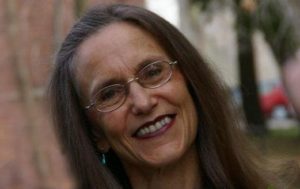 Cynthia Moe-Lobeda
Cynthia Moe-Lobeda
Cynthia Moe-Lobeda is on the faculty of Seattle University in the Department of Theology and Religious Studies, Environmental Studies Program, and graduate School of Theology and Ministry. Moe-Lobeda holds a doctoral degree in Christian Ethics from Union Theological Seminary, affiliated with Columbia University. She has lectured or consulted in Africa, Asia, Europe, Latin America, and many parts of North America in theology and matters of public church, climate justice and environmental racism, globalization, moral agency, and eco-feminist theology.
She is the author of Resisting Structural Evil: Love as Ecological-Economic Vocation, Healing a Broken World, and Public Church: For the Life of the World. She is co-author of Saint Francis and the Foolishness of God (Orbis, 1993) and Say to this Mountain: Mark’s Story of Discipleship (Orbis, 1996), and The Bible and Ethics: A New Conversation (Fortress, forthcoming). Dr. Moe-Lobeda was appointed theological consultant to the Presiding Bishop of the Evangelical Lutheran Church in America, and has served as a health worker/church worker in Honduras and as Director of the Washington, D.C. office of Augsburg College’s Center for Global Education. A resident of Seattle, she loves hiking in the Cascade mountains and relishing the beauty of Western Washington.
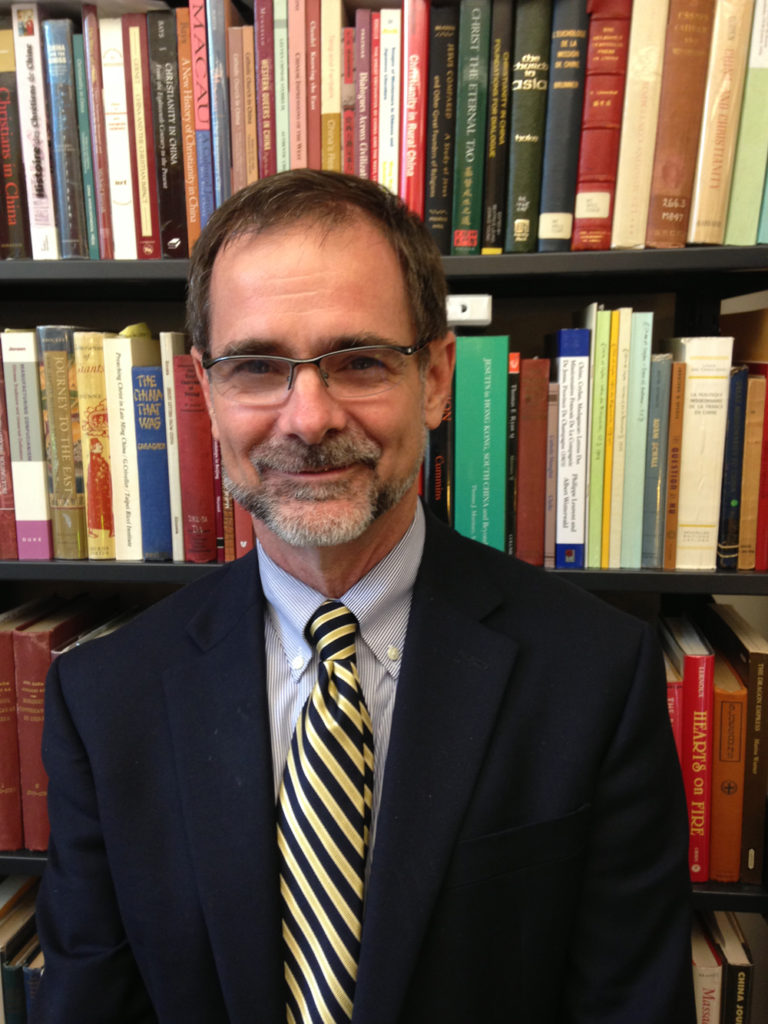 Dale Soden
Dale Soden
Dale is a Professor of History at Whitworth University. He has written numerous scholarly articles on religion and public life in the Pacific Northwest. He holds a BA from Pacific Lutheran University and an MA/Ph.D. from the University of Washington. He has written the following books: The Reverend Mark Matthews: Activist in the Progressive Era (University of Washington Press, 2001), Historic Photos of Washington State (Turner Press, 2008) and An Enduring Venture of Mind and Spirit: An Illustrated History of Whitworth University (Whitworth, 2010).
 John Stackhouse
John Stackhouse
John Stackhouse is the Sangwoo Youtong Chee Professor of Theology and Culture at Regent College. He studied church history at Wheaton Graduate School (MA under Mark Noll) and at the University of Chicago (PhD under Martin Marty), and wrote Canadian Evangelicalism in the Twentieth Century (U of Toronto P, 1993.)His commentary on religion and contemporary society has been featured by most TV networks and by The New York Times, Washington Post, The Atlantic, The Globe and Mail, and Time, among many others. His most recent book is Making the Best of It: Following Christ in the Real World (Oxford, 2008), and he blogs at johnstackhouse.com, tweets as @jgsphd.
 Julia Stronks
Julia Stronks
Julia is a professor of political science at Whitworth University in Spokane Washingon. Her areas of specialization are as follows: Constitutional law; religion and politics; gender and public policy; poverty; school law and discrimination law. She is a graduate of Dordt College, and earned her J.D. from the University of Iowa College of Law and her Ph.D. from the University of Maryland. Stronks directed both Whitworth’s initiative to serve homeless youth in Spokane and the Lives of Commitment Program.
A regular contributor of op-ed pieces, in which she analyzes national and regional legal questions and issues, to The Seattle Times and The Spokesman-Review, Stronks is also author of the forthcoming book So You Want to Be a Christian Lawyer, and author of the book Law, Religion and Public Policy: A Commentary on First Amendment Jurisprudence (2002). She is co-author of Christian Teachers in Public Schools: A Guide for Parents, Teachers and Administrators (2000). Her latest project is an e-book, Living in the Fabric of God’s Faithfulness: Parents and Children Explain What Works, which she wrote with her mother
 A.J. Swoboda
A.J. Swoboda
Dr. A. J. Swoboda is a professor, author and pastor of Theophilus (theophiluschurch.com) in Portland, Oregon. He teaches theology, biblical studies, and Christian history at George Fox Evangelical Seminary and a number of other universities and Bible colleges. Previous to this, A.J. served as a campus pastor at the University of Oregon. His doctoral research at the University of Birmingham (U.K.) explored the never-ending relationship between the Holy Spirit and ecology. He is a member of the American Academy of Religion and the Society for Pentecostal Studies. Finally, A.J. is the author of Messy: God Likes It That Way (Kregel) and Tongues and Trees: Towards a Pentecostal Ecological Theology (JPTSup, Deo). You can find his website and blog at www.ajswoboda.com, or follow him on Twitter @mrajswoboda.
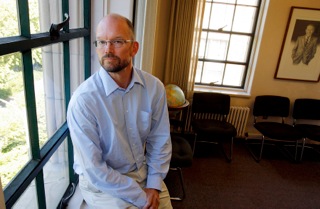 James Wellman
James Wellman
James Wellman is Professor and Chair of the Comparative Religion Program in the Jackson School of International Studies at the University of Washington. His areas of expertise are in American religious culture, history, and politics.
Wellman’s publications include an award-winning book, The Gold Coast Church and the Ghetto: Christ and Culture in Mainline Protestantism; edited volumes: Belief and Bloodshed: Religion and Violence Across Time and Tradition, and Religion and Human Security: A Global Perspective. His 2008 monograph, Evangelical vs. Liberal: The Clash of Christian Cultures in the Pacific Northwest, received Honorable Mention for the Distinguished Book Award by the Society for the Scientific Study of Religion. He recently published, Rob Bell and the New American Christianity, (Abingdon, 2012). His forthcoming book, High on God: How the Megachurch Conquered America, will be published with Oxford University Press in 2014. Wellman can be followed on twitter at wellman4444, and reached on his author Facebook at http://www.facebook.com/JamesKWellman. He is now a regular blogger for Patheos.com and can be read at: http://www.patheos.com/blogs/jameswellman/.
Randy Woodley is a Keetoowah Cherokee (legal descendent) teacher, poet, activist, former pastor, missiologist and historian. He serves George Fox Seminary as the Distinguished Associate Professor of Faith and Culture and the Director of Intercultural and Indigenous Studies. Dr. Woodley’s books include Shalom and the Community of Creation: An Indigenous Vision, 2012 (Eerdmans) and Living in Color: Embracing God’s Passion for Ethnic Diversity, 2004 (IVP). Professor Woodley is active in the ongoing discussions concerning new church movements, racial and ethnic diversity, peace, social justice, interreligious dialogue and mission. Dr. Woodley regularly blogs in these areas and publishes his own blog, “Ethnic Space and Faith.” He is also a regular contributor to God’s Politics Blog: Jim Wallis and Friends, Emergent Village Voice and The Huffington Post, Religion page.


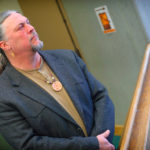

Recent Comments